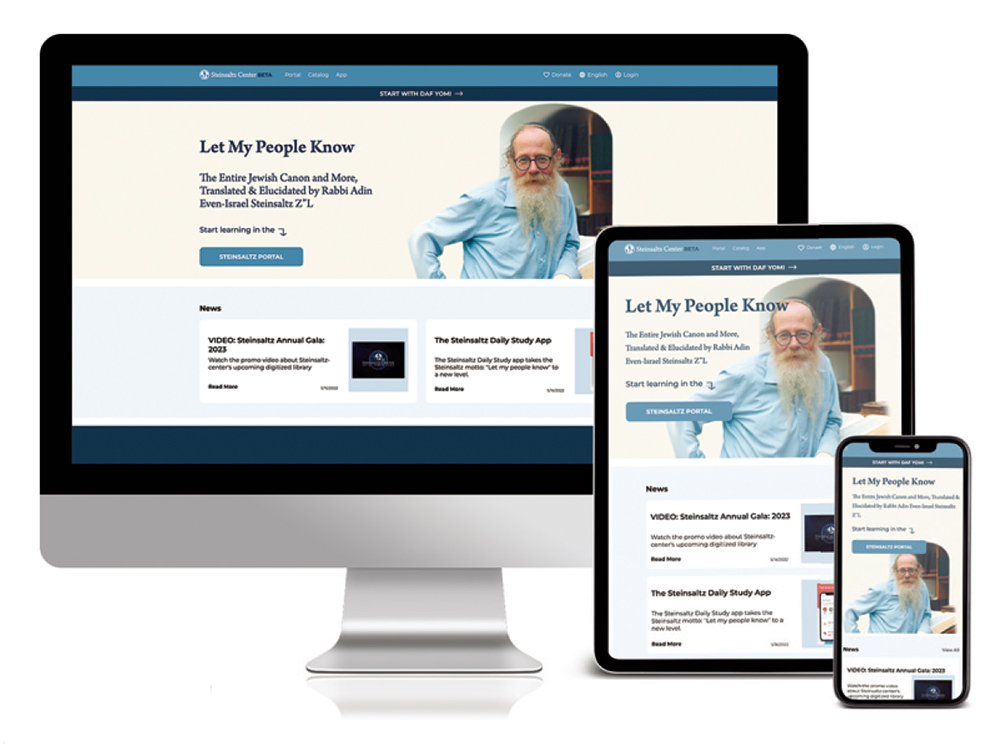In 1989, Chiquita Brands International hired the W.B. Doner & Co. advertising agency to create a promotional campaign for bananas, their primary product. The result was a slogan so successful, Chiquita registered it:
Quite Possibly, The World’s Perfect Food®
It is, quite possibly, the best advertising phrase ever; a strong statement of ultimate value, paired with a modest disclaimer. It’s a statement a promoter can love and a litigation-conscious legal department can accept. Chiquita was smart to trademark it, because the variations are infinite.
Besides the marketing genius encapsulated in this slogan, it also helps that bananas have significant nutritional value. While no dietician would assert that one could live on bananas alone, they are a healthy food, rich in vitamins and minerals. So, depending on your definition of nutritional perfection, bananas can legitimately make a case for deserving the title.
When the topic is financial protection and accumulating cash values, life insurance companies can make a Chiquita-style claim for “cash value” or whole-life policies. Granted, the standards of financial “perfection” need some clarification, and there are some qualifying conditions. But on the whole, cash value life insurance provides enough attractive benefits to merit serious consideration as a financial choice. In addition to the obvious benefit of a payment at the end of one’s life, especially if the end comes unexpectedly early, the cash accumulation account adds many attractive “living benefits.”
Whole Life Insurance: The “Living Benefits” and Unique Features of Cash Values
As part of a permanent life insurance policy, cash values aren’t a stand-alone accumulation product. But more and more, the financial universe is recognizing these accounts as a unique way to accumulate money.
A whole-life insurance policy may be thought of as a uniquely designed, multidimensional contract; in exchange for regular premiums, the policy’s owner or designated beneficiaries will receive a guaranteed sum when the contract is completed. “Completion” of a life insurance policy occurs in two ways:
1. The insured attains his/her “whole life” age (typically between 95 and 100), and the insurance company pays the designated amount. Or…
2. The insured dies before reaching his/her whole-life age, and the insurance company pays a death benefit to beneficiaries.
To achieve this balance between long-term accumulation and a guaranteed payment in full at any time, a portion of each premium is allocated to cover insurance costs, with the remainder applied to the policy owner’s cash value account. The insurance component of the policy is amortized similar to a mortgage or installment loan. This means a large portion of early premium payments is allocated to insurance, and minimal deposits to cash values. Over time, this ratio reverses. As a result, cash value accounts are “slow starters” from an accumulation standpoint.
Depending on performance, the insurance company may add dividends* to the cash value account. Dividends are derived from the investment returns on the company’s cash reserves and/or favorable operating expenses (such as fewer claims or improved administrative efficiency). Notwithstanding the slow accumulation rate in a policy’s early years, cash value accounts have many attractive features:
• Guaranteed accumulation. Even in the worst financial conditions, life insurance companies are contractually obligated to make guaranteed deposits to cash values and pay insurance benefits.
• Expectation of steady dividends. Dividends are not guaranteed, but the actuarial assumptions are so generous (to ensure benefits under the worst circumstances) that many life insurance companies have lengthy histories of annual dividends. And dividends are not purely dependent on investment results; a well-managed insurance company can pay dividends from operational savings, as well. Because dividends are derived from more than investment returns, cash values may be less volatile, even compared to other assets classified as “conservative.”
• Tax-deferred accumulation, tax-favored distribution. For tax purposes, dividends are recognized as a return of excess premium, so dividends added to the cash value accumulate tax-deferred. Withdrawals don’t become taxable until they exceed the policy’s basis (which is the sum of premiums paid, including the portion allocated to insurance costs). In addition, most policies have loan provisions, another way to access funds without incurring tax. **
• Ready access. Cash value accounts don’t require waiting to age 59 ½ to make penalty-free withdrawals, and there are no required minimum distributions at age 70 ½. While some universal life policies may impose surrender charges on withdrawals made in early years, there are no penalty taxes on early distributions. And withdrawals don’t require documentation that the money was used for education, a primary residence, or medical expenses.
For secure, profitable, tax-favored and accessible cash value, a whole life policy meets all of the requirements. Compared to similar conservative accumulation options, cash values are quite possibly…well, you know.
Some Qualifying Provisions
To receive the benefits of cash values, you must buy whole life insurance, and pay the up-front costs for establishing the policy. Further, to fully maximize the accumulation features of cash values, the underlying policy must remain in force until completion. This means regular premium payments. (Once the cash values have reached a modest accumulation, it may be possible to offset premiums for a period of time while keeping the policy in force, but doing so will decrease the cash value accumulation.)
These qualifying provisions need not be deal-breakers. As part of a comprehensive program, a whole life insurance benefit can be a valuable financial asset, serving several different functions over time; also, there are many ways to “recover” the cost of insurance. And, the slow-growth aspect of whole life cash value accounts can be accelerated by additional unscheduled premiums*** to purchase paid-up additions.
In a larger perspective, regular premium payments provide insurance companies with a steady stream of liquid assets, which allows them to make loans and distributions without requiring portfolio turnover. This permits the insurance company to take a long-term approach that historically delivers superior returns from conservative investments.
An interesting observation: Some financial commentators are reluctant to recommend starting a whole life plan because they think the entry costs are high. Yet those same advisors may tell existing policyholders to maintain their whole life contracts, saying something like, “You’ve paid the up-front costs, so don’t drop the protection and tax deferred returns of cash value life insurance.” In other words, once established, a whole life policy may quite possibly be your perfect financial choice.
How “Perfect” is Done Right
Building the right cash value account within a life insurance policy requires a customized plan tailored to your unique circumstances. As a long-term financial asset, it means planning for future use as well as immediate objectives. Even if you understand the concepts, it usually takes a competent life insurance professional to flesh out the details. And to make sure what may be the world’s perfect financial choice keeps purring along, regular reviews and adjustments should be scheduled.
* Dividends are not guaranteed and are declared annually by the company’s board of directors.
** Policy benefits are reduced by any outstanding loan or loan interest and/or withdrawals. Dividends, if any, are affected by policy loans and loan interest. Withdrawals above the cost basis may result in taxable ordinary income. If the policy lapses, or is surrendered, any loans considered gain in the policy may be subject to ordinary income taxes.
*** The option to make unscheduled premium payments must be set up at the purchase of the whole life policy.
By Elozor M. Preil












